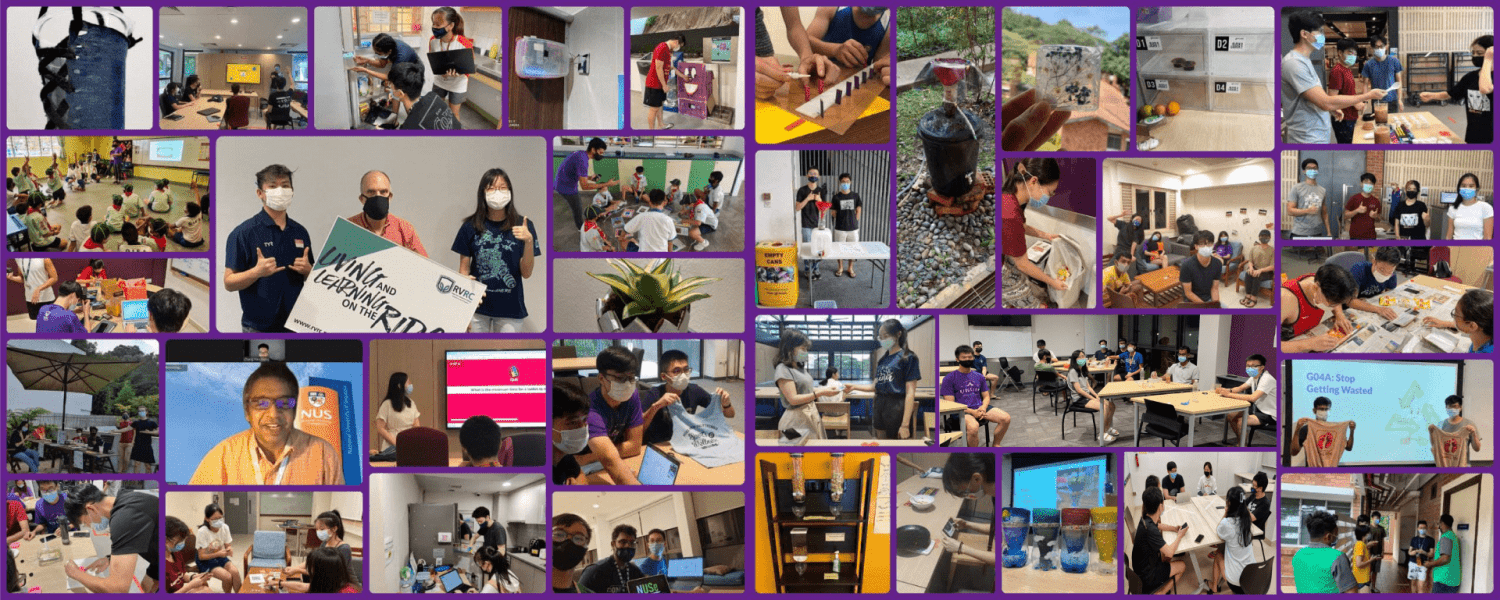Goh Rui Zhi, Jin Jiayu, Joshua Woon Zhi Xian, Nigelle Leo Yuwen, Zhao Caiheng
Academic Advisor: Mr. Lim Cheng Puay
Durians are huge delicacies in South East Asia, with Thailand and Malaysia being the biggest exporters of the fruit. Durians are also starting to gain attention in other Asia countries such as China. Due to this rising prominence, the demand is booming. Thailand, the world’s leading exporter of fresh durian, exports 402,661 metric tons of durian in 2016 alone. (UNCTS, 2016). This directly generates tremendous amounts of waste as on average, 70% of the durian fruit is inedible and thrown away (Cheok, 2016). When durian waste is incinerated or left to decompose, large amounts of methane gas is produced, directly contributing to global warming. Our project explores ways to mitigate such ongoing environmental damage, focusing on finding alternative uses for durian husks to end the life cycle loop of the fruit. We analysed the current life cycle assessments of durians and studied the chemical properties of the fruit, with the possibility of upcycling these contents to substitute disposable packaging in mind. Using NUS campus as a platform for our case study, we conducted a quantitative survey to examine 1) student’s perception and awareness towards the current issue of durian wastage and 2) their receptiveness towards biodegradable products made from durian husks. Our results highlighted a significant lack in awareness of the environmental damage caused by the above problem among consumers of durian. The respondents were also supportive of the idea of biodegradable packaging made from upcycling high fibrous fruits to substitute current plastic ones. Creating such a substitute will directly reduce the environmental impacts and simultaneously educate the public of the critical issue of food wastage.
Keywords: Food waste; Responsible consumption; Circular economy; Upcycling
